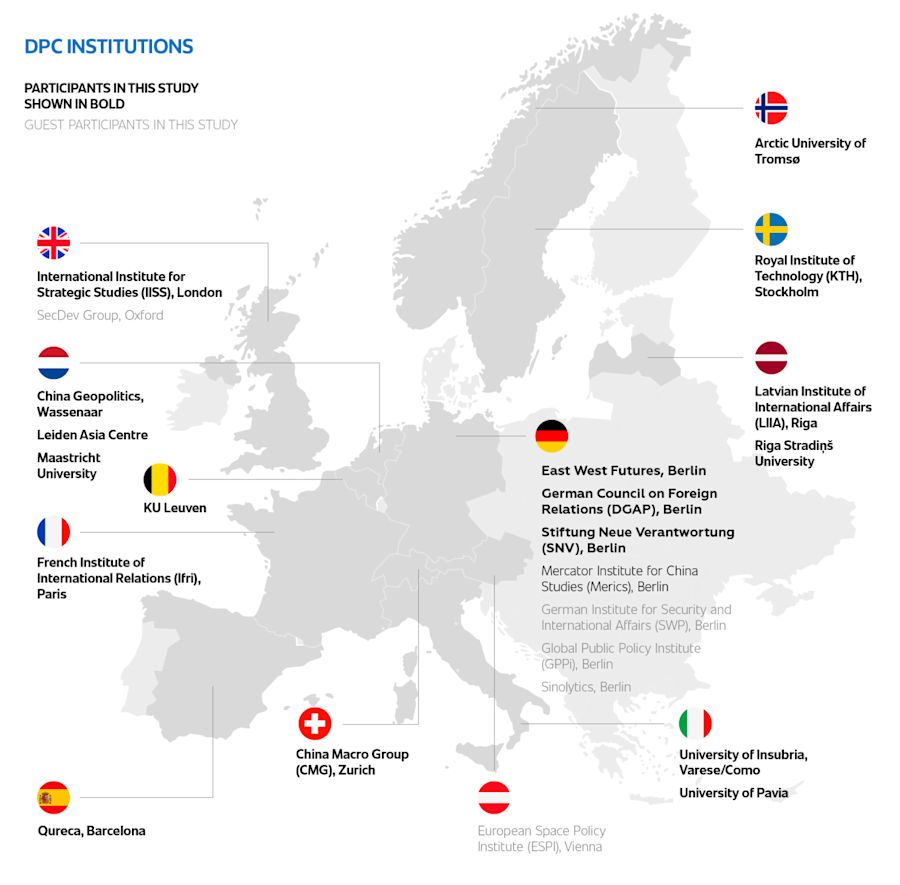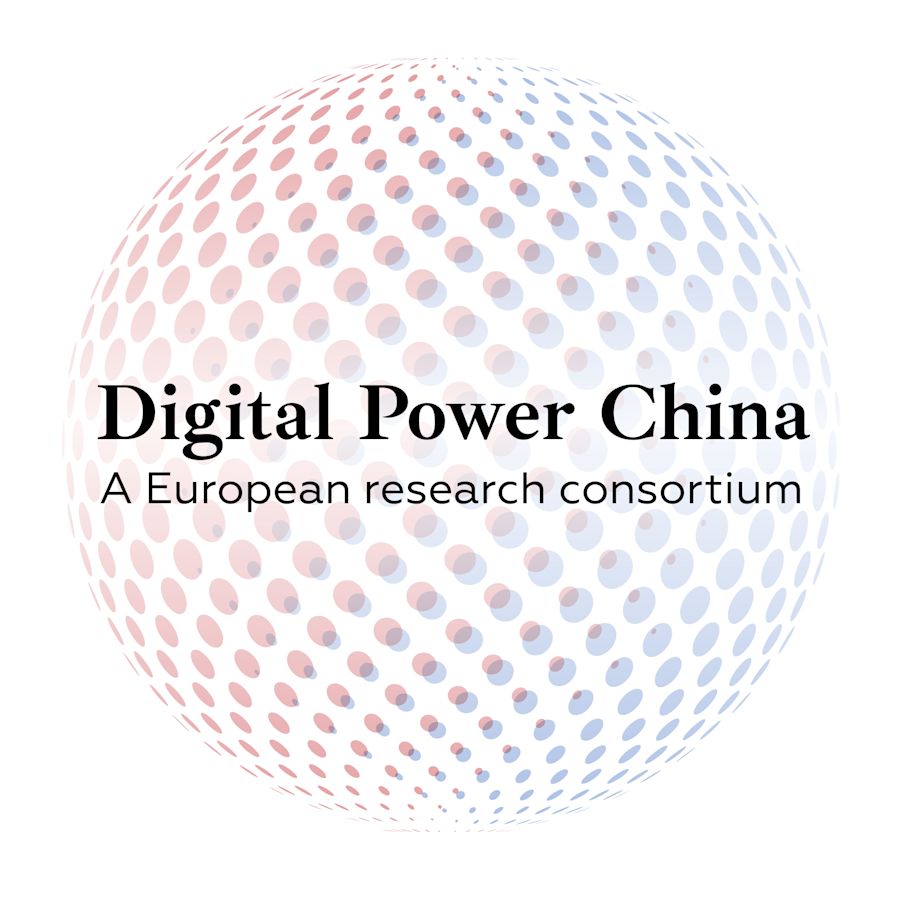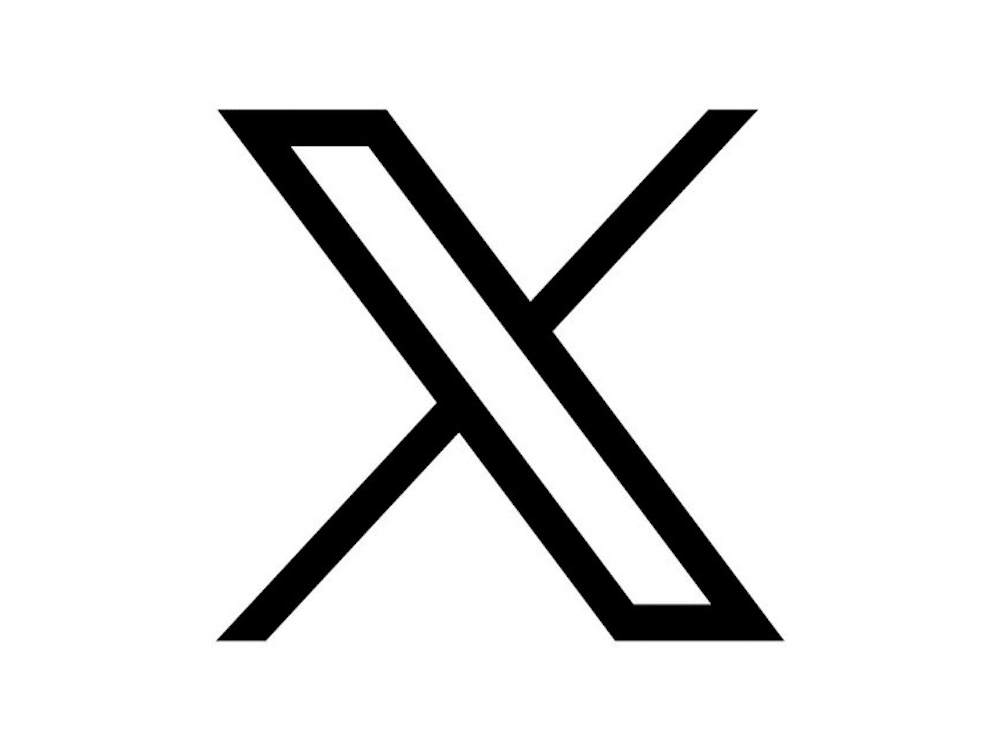Digital Power China
Digital Power China (DPC) is a European research consortium consisting of engineers, computer scienists, China scholars and economists tracking and analyzing China's digital tech development and its implications for Europe.
The Digital Power China (DPC) research consortium is a gathering of 21 China experts, economists and engineers based in 12 European research institutions, universities, think tanks and consultancies in 10 European countries. Not all DPC researchers contribute to every report. DPC also invites guest researchers to contribute to individual reports.
The group is devoted to tracking and analysing China’s growing footprint in digital technologies, and the implications for the European Union. DPC offers the EU concrete policy advice based on interdisciplinary research. I am the convenor of DPC.
DPC systematically pairs technological and country expertise, which is based on rigorous academic research combined with experience of the provision of policy advice. The informal group brings together a variety of European researchers in order to combine diverging perspectives from across the continent. Responsibility for the accuracy of the views expressed remains solely with the indicated authors.

The last report has been published in May 2024 exploring how Europe can remain technologically indispensable to China. Contrary to common perspectives, DPC departs from European technological strengths rather than weaknesses. The report was generously funded by the United Kingdom’s Department for Science, Innovation and Technology, and the China Knowledge Network (CKN) of the Government of the Netherlands.
In January 2023, DPC published a report differentiating different risk profiles ranging from supply chain resilience, to national security, to the protection of universal values, to European competitiveness. Examining these risks in several case studies, the report illustrates how risk profiles diverge across digital technologies and require different European policies. The report was generously funded by the German Federal Foreign Office.
In 2022, DPC published its first report broadly assessing the implications of China's growing footprint in selected digital technologies for Europe.
In 2023, DPC published a short paper explaining why Open RAN is not the solution hoped for to solve security risks resulting from the rollout of mobile infrastructure and China's involvement.

All DPC publications:
2022: Assessing China's Digital Power and its Implications for the EU. Berlin: Digital Power China.
DPC podcasts, presentations and selected media coverage:
2024: Bei welchen Technologien China von Europa abhängig ist, Handelsblatt, 8 May 2024.
2024: Reverse dependency, Sinocism, 8 May 2024.
2024: Technologie: So kann die EU China abhängig machen, Table Media, 7 May 2024.


